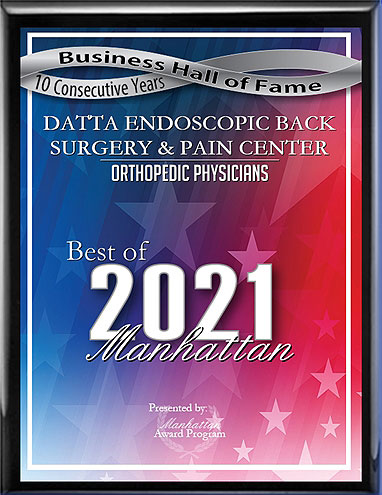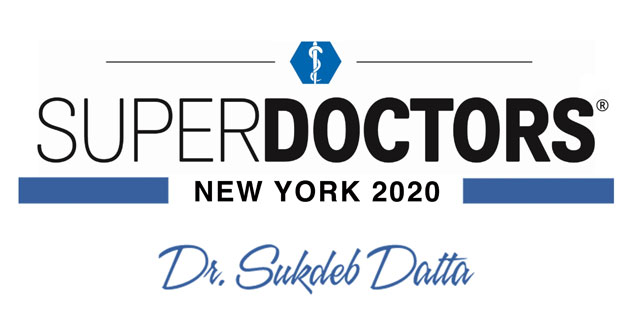Sciatica is an inflammation of the sciatic nerve, which runs from the lower spine through the buttocks and down the leg. It can be caused by a number of conditions, from a person's muscular set-up to back trauma to a herniated disc. Non-surgical treatments are usually available for sciatica, and they are the preferable course of treatment when available. However, sometimes surgery to cure sciatica is used in cases where symptoms are very severe and/or the condition does not respond to any other treatments.
The bottom line is, the majority of people who undergo surgery for sciatica experience long-term relief of symptoms. However, the rate is not across the board, for several reasons. The causes of sciatica are diverse, and while some conditions are relatively simple to treat, others require complex surgery that is more "hit-or-miss." In addition, the type of surgery - laser or traditional - plays a role in the quality of results.
The success rate is also influenced by how well a patient cares for themselves after surgery. There are a number of steps patients can take to reduce the chances of future spine conditions developing, and the risk of future sciatica flare-ups. For obese patients, weight loss is key. For all people, regular exercise and stretching can help prevent pressure from causing sciatica.
No surgery, no matter how routine, has a 100% success rate. However, your doctor will not recommend surgery as a treatment for your sciatica unless the probable benefits far outweigh the potential risks and downsides. In addition, you can take numerous steps to ensure that your surgery will be successful, from choosing a better type of surgery to making lifestyle changes after surgery.
To learn more about whether surgery to cure sciatica is right for you, please click below and enter your information or call the Datta Endoscopic Back Surgery and Pain Center at (646) 374-1799.
The bottom line is, the majority of people who undergo surgery for sciatica experience long-term relief of symptoms. However, the rate is not across the board, for several reasons. The causes of sciatica are diverse, and while some conditions are relatively simple to treat, others require complex surgery that is more "hit-or-miss." In addition, the type of surgery - laser or traditional - plays a role in the quality of results.
The success rate is also influenced by how well a patient cares for themselves after surgery. There are a number of steps patients can take to reduce the chances of future spine conditions developing, and the risk of future sciatica flare-ups. For obese patients, weight loss is key. For all people, regular exercise and stretching can help prevent pressure from causing sciatica.
No surgery, no matter how routine, has a 100% success rate. However, your doctor will not recommend surgery as a treatment for your sciatica unless the probable benefits far outweigh the potential risks and downsides. In addition, you can take numerous steps to ensure that your surgery will be successful, from choosing a better type of surgery to making lifestyle changes after surgery.
To learn more about whether surgery to cure sciatica is right for you, please click below and enter your information or call the Datta Endoscopic Back Surgery and Pain Center at (646) 374-1799.






 EDISCSCULPT
EDISCSCULPT



